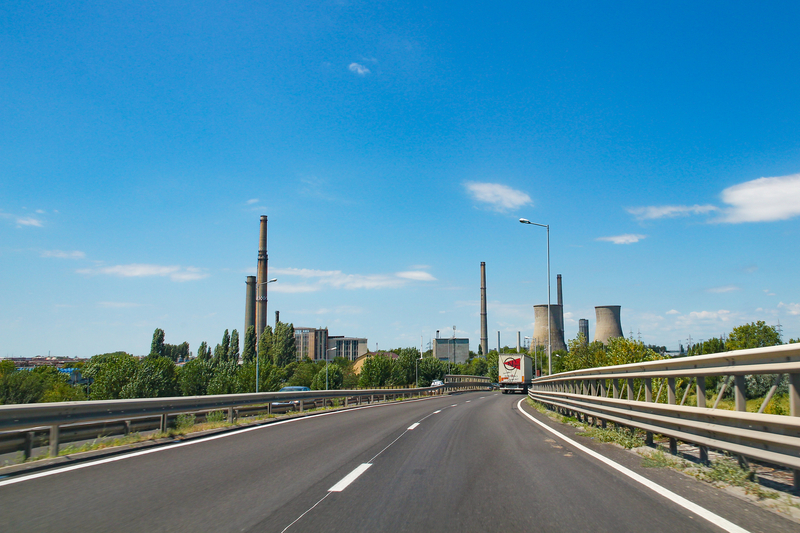OMV Petrom, the largest integrated energy producer in Southeast Europe, will test a new carbon capture and utilization technology at the Petrobrazi refinery, starting in June. The tests are part of a demonstration campaign carried out in three countries – Denmark, Romania and Greece, within an innovation project financed with European funds – ConsenCUS.
“We want to actively contribute to the decarbonization of transport in Romania and we have two clear directions: reducing the emissions of the Petrobrazi refinery and creating products with a low and zero carbon content for our customers. We are now testing an innovative technology, which opens new perspectives in Romania for capturing carbon emissions and transforming them into superior products,” said Radu Căprău, member of the OMV Petrom directorate, responsible for the refining and marketing activity.
The installation consists of three units. The first captures CO2 through a more efficient technology than traditional methods. In the second unit, high-purity CO2 is obtained, and finally, the third unit transforms the CO2 into a chemical product, potassium formate, with multiple uses, such as the production of synthetic fuels.
The installation was successfully tested in Denmark at a cement plant. From Romania, the installation will head to Greece, to a magnesium production plant.
ConsenCUS, which was initiated in 2021, is a 4-year innovation project funded by the European Commission through the Horizon 2020 program. The project aims to demonstrate the viability of a new technology applicable to sectors where reducing carbon emissions is difficult.
The project is run by a consortium of 19 leading research institutions and innovative companies: University of Groningen, New Energy Coalition (NL), Wetsus (NL), Coval Energy (NL), Technical University of Denmark (DK), Geological Survey of Denmark and Greenland (DK), Danish Gas Technology Center (DK), Aalborg Portland (DK), Heriot-Watt University (UK), Robert Gordon University (UK), Net Zero Technology Center Ltd (UK), British Geological Survey ( UK), Hellas Research and Technology Center, Grecian Magnezite (GR), OMV Petrom, Energy Policy Group (RO), Zhejiang University, Shanghai Jiao Tong University (CN) and University of Calgary (CA).
